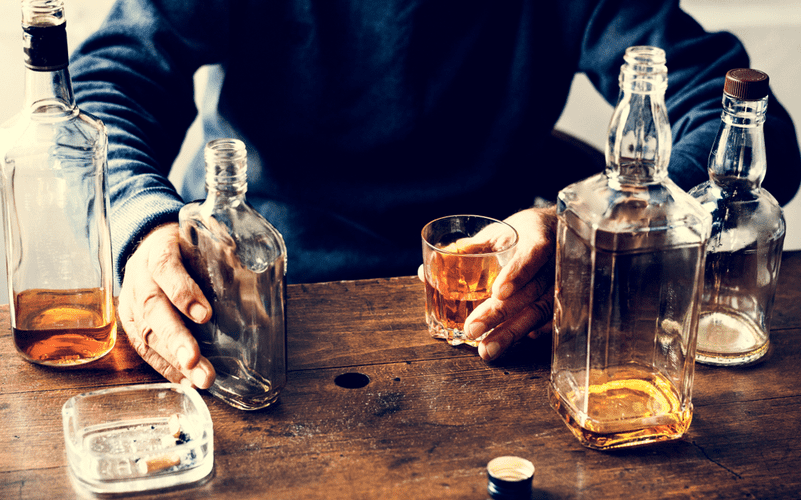How Long to Wait Between Drinking Alcohol and Bedtime
In fact, up to 40% of Americans experience insomnia at some point in their life. And if you drink alcohol, it can complicate sleep issues even further. While drinking alcohol can help you fall asleep faster, it ultimately deprives you of high-quality, restful sleep. Practicing healthy sleep habits and changing your relationship with does liquor help you sleep alcohol can reset your natural sleep cycle, and transform your life. Drinking to excess will typically have a more negative impact on sleep than light or moderate alcohol consumption. However, since the effects of alcohol are different from person to person, even small amounts of alcohol can reduce sleep quality for some people.
- So while cutting out drinking will likely benefit your sleep, there may be other factors affecting your shuteye.
- If you’ve enjoyed a lovely three-course dinner with friends — washed down with a few glasses of wine — then it’s the combination of a substantial meal and the alcohol that’ll affect your sleep.
- Some research suggests that chamomile may improve sleep quality.
They can rule out any underlying cause for your insomnia and recommend the best treatment for you. Finally, regular drinking has been linked to insomnia and other sleep disorders, especially later in life. It has a sedative effect that helps you relax and makes you drowsy, so you fall asleep faster. Keep in mind that for people with AUD, sleeping issues may persist through the withdrawal phase.
Alcohol and sleep: breaking the cycle
Heavy drinking can make the sleep- and circadian rhythm-disrupting effects of alcohol worse. But even a regular, moderate routine of two to three drinks a day is enough to create sleep and performance problems for many people. As alcohol increases GABA activity in the brain, you may start to feel sleepy.

Even taking a short hiatus from drinking alcohol can result in better quality sleep. According to 2015 research out of the University of Sussex, 62% of Dry January participants reported better sleep. These effects only occur in the first part of sleep—usually within the first four hours of the night as your body metabolizes the alcohol. Once your body has broken down all of the booze, you’ll start to experience worse sleep.
Alcohol, sleep and addiction
It’s possible that having a glass of warm milk before bed is simply a soothing ritual that helps you unwind and prepare to rest. If you want to give warm milk a try, simply choose your favorite milk and bring it to a low simmer on the stove for a couple of minutes. Peppermint tea may improve your sleep by soothing gastrointestinal distress and discomfort in the evenings. It’s safe to drink chamomile tea daily, and ingesting chamomile in the form of tea or other supplements has not been linked to negative side effects (19, 20). Chamomile may help with anxiety and insomnia, which could also improve sleep.
But this doesn’t mean a nightcap should be part of your bedtime routine. One study found if you drink alcohol during a natural dip in energy (like your afternoon slump), your urge to sleep may override the stimulating effects of alcohol. If you drink when your energy is naturally rising (like in the early evening), alcohol may be more stimulating and increase how long it takes to fall asleep. In the longer term, drinking alcohol increases your risk of several cancers. For some, such as breast cancer, there’s no lower level where drinking is safe. A unit of alcohol is around half a pint of normal strength beer or a single pub measure of spirits – a standard glass of wine has about 2 and one half units.
Should you take regular breaks from drinking alcohol throughout the year?
Almonds have tryptophan and melatonin, while bananas boast muscle-relaxing potassium and magnesium. As long as you don’t have an allergy to bananas or almonds, a smoothie like this is a healthy and delicious way to end the day. Given that almond milk is made from whole almonds, people with nut allergies should avoid almond milk and products made with it. In recent years, magnesium has shown potential as a treatment for insomnia, particularly in older adults (70, 71, 72). In another study in 442 university students, the number of participants who reported insomnia decreased by 8.4% after consuming 10 almonds daily for 2 weeks (66).



